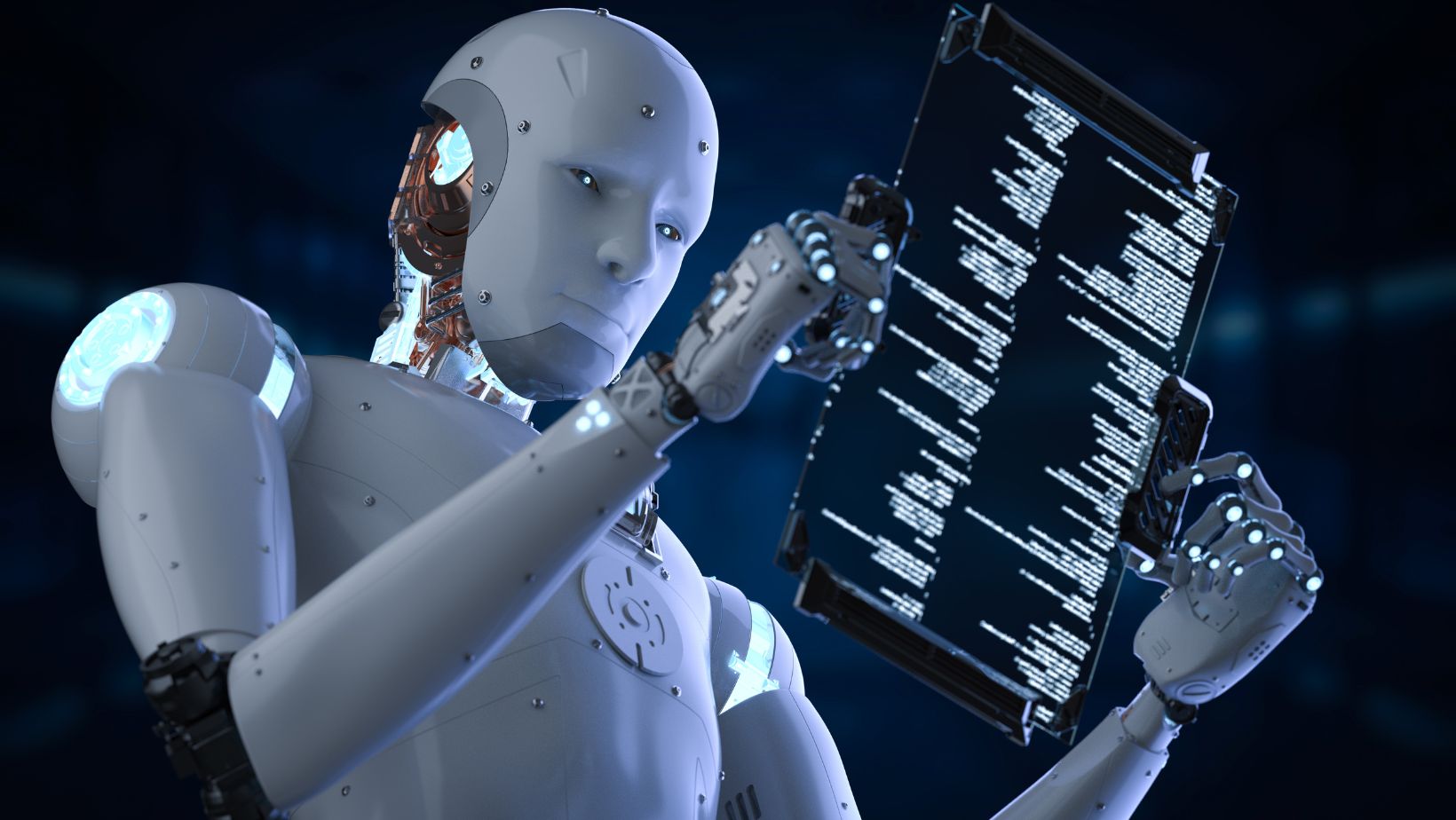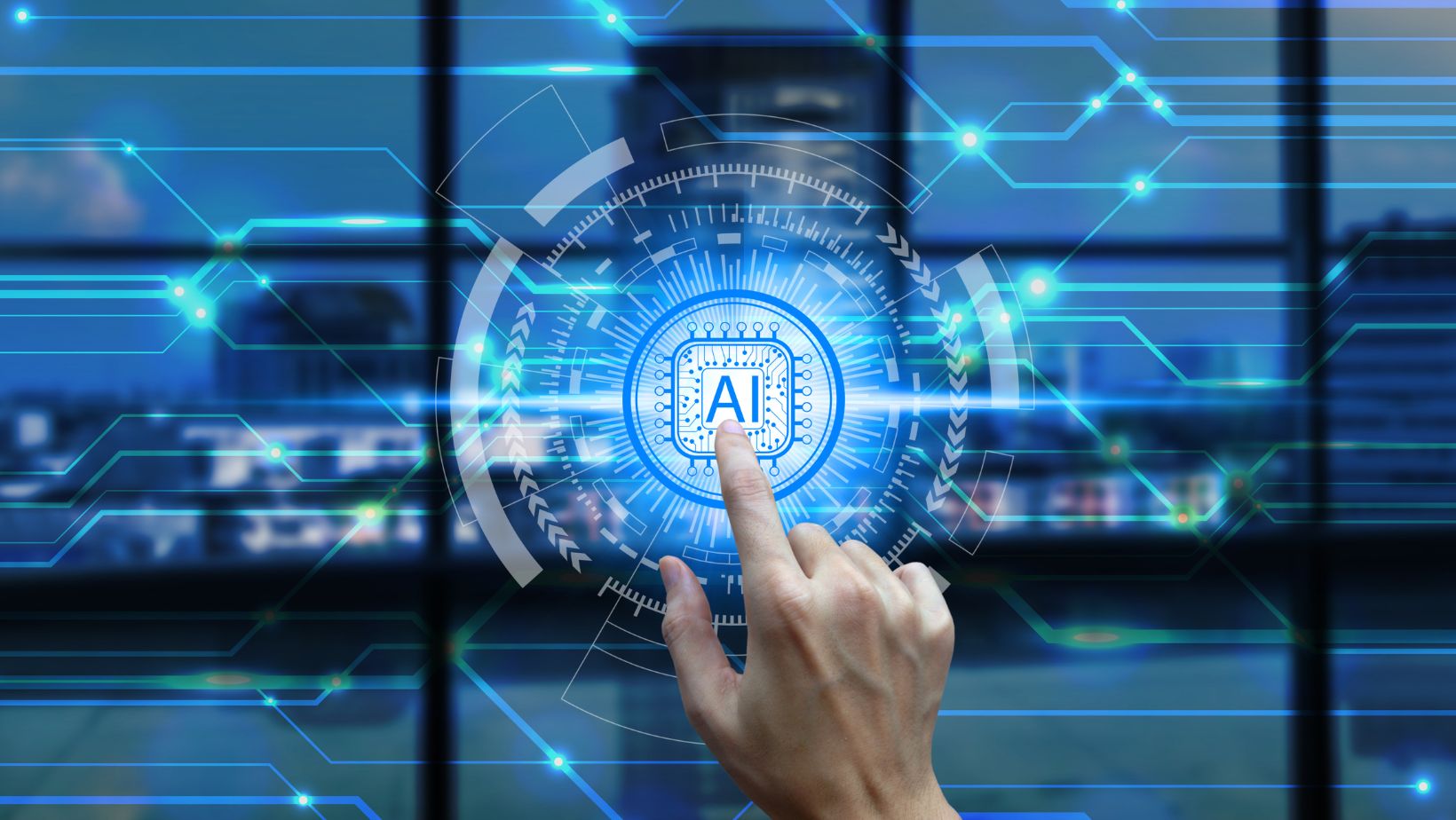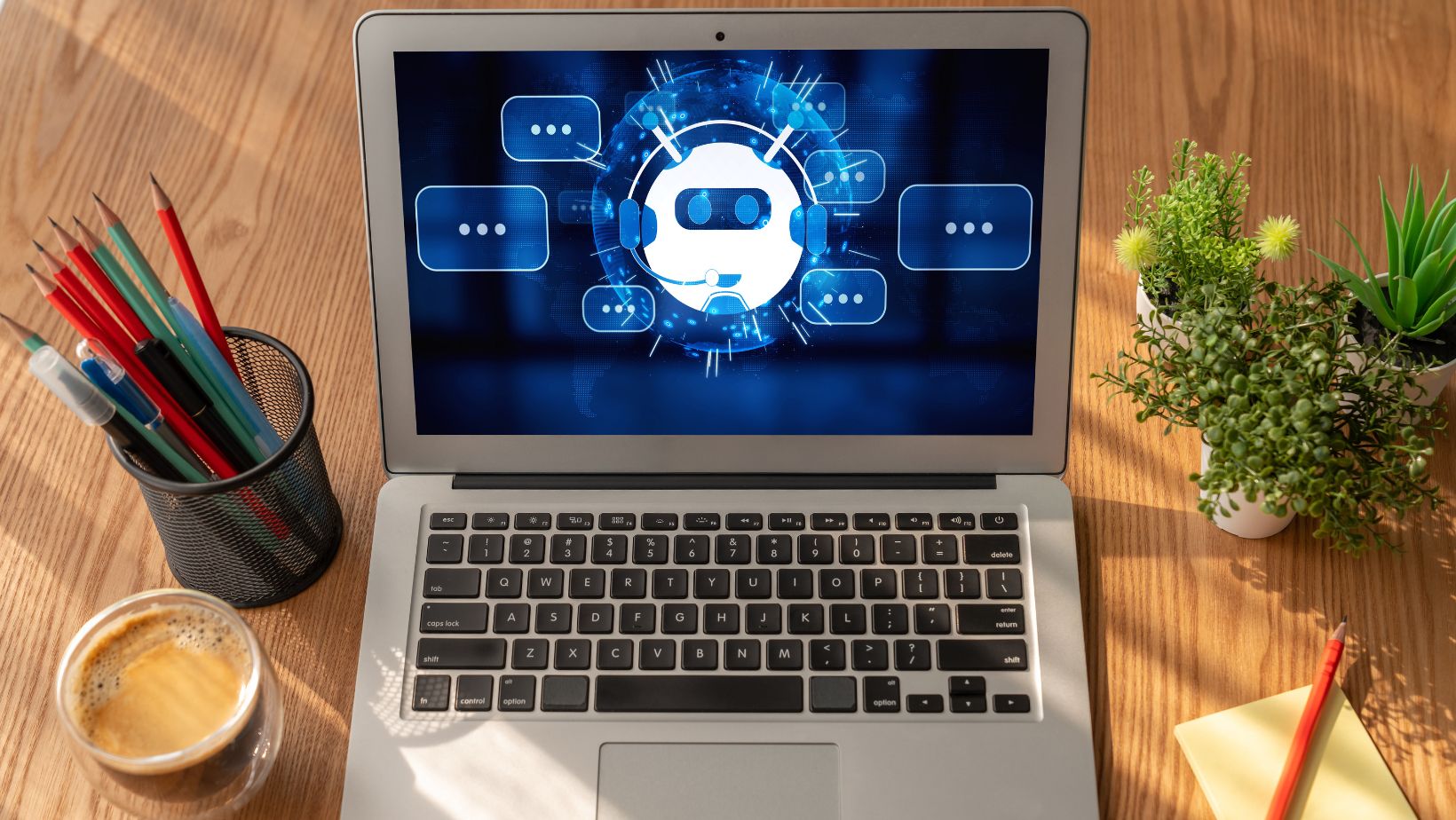 In a recent vision shared by Nvidia CEO Jensen Huang, a future model for software development was outlined. Huang envisions teams of artificial intelligence (AIs) working together to independently create and manage software under the guidance of a super AI.
In a recent vision shared by Nvidia CEO Jensen Huang, a future model for software development was outlined. Huang envisions teams of artificial intelligence (AIs) working together to independently create and manage software under the guidance of a super AI.
Think of it like this: imagine tackling a massive project, like crafting a hyper-realistic video game or designing a website to accommodate millions of users. Typically, this would involve a large team of programmers, artists, and testers toiling away for months, maybe even years. But what if you had a group of AI “agents,” each specializing in a different aspect of the task?
One agent could handle coding, another could squash bugs, and yet another could meticulously test everything for flawless operation. They’d collaborate like well-oiled machines but with lightning speed and exceptional efficiency. This is what Nvidia’s CEO, Jensen Huang, refers to as an “agent-first” approach.
Agent-First Approach to Software Development
The agent-first autonomous enterprise suggests that specialized AI agents will take on various software development tasks, such as writing, debugging, and maintaining code. These AI agents would work together like a team of developers.
The goal is for the agents to help make software development more efficient by doing parts or even all the work that humans do. This follows the trend of having technology do jobs usually handled by developers to improve how programs are made.

Recent reports by Google indicate that 25% of their code is generated by AI. Moreover, according to Gartner, by 2025, 70% of new applications will be created using low-code or no-code platforms, many of which will integrate AI features to aid in coding and deployment.
Role of Super AI in Software Development
Central to this autonomous software development model is the super AI, which oversees the activities of individual AI agents. This super AI is responsible for coordinating efforts, ensuring alignment with business goals and compliance standards, and handling complex decision-making processes using vast amounts of data to optimize software design and functionality.
Companies like Anthropic and DeepMind are already showcasing advanced AI systems capable of programming tasks. For example, Anthropics Claude 3.5 Sonnet can generate some amazing code based on natural language descriptions, while Google’s DeepMind has models that can write code to solve specific problems. As these technologies progress, the idea of a super AI managing multiple AI agents in software development becomes increasingly plausible.
Enhanced Productivity and Creativity
Transitioning to an agent-first approach could revolutionize software development by significantly enhancing productivity. By automating routine coding tasks, AI allows human developers to focus on higher-level strategic initiatives and creative problem-solving.
Imagine building a video game. It’s a massive project: coding the game itself, creating the art, designing the levels, testing everything—it takes a huge team and a ton of time. Now, imagine AI stepping in to handle some of the heavy lifting.
AI can automate a lot of the tiresome, repetitive tasks that programmers usually have to do. Think of writing simple code, finding and fixing bugs, or even writing basic documentation. AI-driven software development, particularly the agent-first approach, can significantly boost productivity and creativity in this complex field.

Besides usual video games, some of the best casino sites can also make use of AI agents to create new fun gameplay features and develop slot games more quickly. Using AI agents means casino sites can design even the most complex slot games, and this can be accomplished efficiently.
These AI-driven designs allow casino sites to quickly respond to trends and player feedback, updating games or creating seasonal versions with ease. Additionally, the use of AI agents in slot development enables developers to incorporate interactive elements, such as dynamic bonus rounds or progressive jackpots, which can adapt based on player engagement levels or game performance.
Human Touch Still Matters
It’s not yet over for humans. People will still be needed. We require humans to think of great concepts, know what other humans want, and ensure everything operates safely. AI is powerful, but it’s still just a tool needing human leadership and monitoring, especially now. Humans will be the ones coming up with awesome ideas and making sure everything runs smoothly and ethically.